By Stephanie Kesterson
Process Manager
Project managers can seem like magical beings. They pull distant deadlines out of thin air. The far recesses of their minds house obscure details about process steps completed years earlier. They organize the un-organizable. But how? How can they possibly maintain such a high level of organization, even as their project list grows and grows? By using the right project management tool as their organizational system!
Whether or not you’re a project manager, you can leverage project management tools to better organize projects and plan how to complete them. There is a plethora of project management tools on the market—from free, single-function software to pricey suites of applications, from intuitive programs to complex systems, and on and on. But how do you know which one is right for you and your company’s needs? I recommend carefully considering how you will use the project management tool to help your organization plan, collaborate, and evaluate.
Planning
A good project management tool will help your team with long-term and short-term planning. Both are essential when your list of projects is a mile long … and growing!
For long-term purposes, you need a project management tool that lets you see the proverbial forest. In other words, it should allow you to quickly understand how all of your project timelines line up in a single global workstream. Depending on the tool, this information could be provided in a many different formats, such as timelines, Gantt charts, and calendars. But no matter how the information is presented, you want to ensure it better enables you to:
- Spread the workload
- Time projects optimally
- Allocate resources efficiently
- Recognize who has the bandwidth to do more
For short-term purposes, the project management tool should let you see the proverbial trees. It must allow you to view individual projects and their steps. When evaluating potential tools, note the way the program presents your tasks. Does it show your tasks for the day or the week? Does it have the ability to alert you if something has dropped through the cracks? Answering these questions and deciding which options you prefer can help you select the software that best suits your needs.
Collaboration
The best project management tools will give your team the ability to easily work together. The key word here is “easily.” Look for tools where communication can be housed in one spot that is linked to the relevant project. This way, any member of your team will have only one possible area to search when they need to quickly find the time so-and-so said they needed 7 and not 6 widgets back in December … or was it November?
You should also ask yourself if the tool you’re evaluating allows all internal teams to see where each project, updated in real time, currently stands. This feature alone will free up the considerable time often spent fielding internal questions about the status of projects. An effective tool lets everyone see the trees and the forest!
Evaluation
Lastly, the right project management tool should offer ways to evaluate your work. You are spending the time and energy to input and maintain valuable data while managing projects, so why not use that data to analyze how efficiently your projects are running?
As you review potential tools, ask yourself which ones store data in perpetuity and offer reporting options that allow you to see such information as:
- How long your projects are truly taking
- How many projects are assigned to each employee
- The total number of completed projects for the year
You can use this kind of data to assess where to put your company’s focus, whether you need to hire more people, and what to tell clients in terms of average timelines. Make the extra effort you put into tracking projects worth it!
Of course, no matter which project management tool you choose, the program is only as effective as the people who use it. On their own, these tools only represent potential. Their impact depends on the sprinkle of magic from the project managers who use them every day.
————–
Stephanie Kesterson is a licensed attorney and experienced legal and business writer who oversees the Encompass process at every juncture of deliverable development. Outside of Encompass, Stephanie uses her robust project management skills as a community volunteer.


